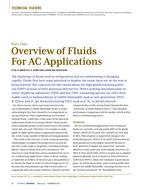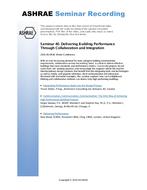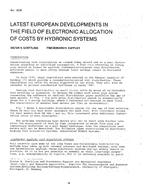Click here to purchase
In an attempt to attain building-specific characteristics for urban-scale building energy models, county-specific tax assessors’ data is often an initial data source. This data source can contain valuable information such as year built, area, height, HVAC type, and roof/wall descriptions. We will show examples of 2,000 fields from Hamilton County in Tennessee with examples of many fields which are not relevant to urban-scale building energy modeling, are incorrect compared to other data sources, and highlight some lessons learned working with such data. There are currently 3,142 counties in the United States, each with their own data format, field definitions, and data access policy. As urban-scale involves city-scale analysis potentially covering multiple counties and matures toward state- or nation-scale analysis, county-by-county approaches are not scalable. While there are efforts to unify these datasets, there is an increasing proliferation of data and algorithms that cover wider areas and provide more accurate inputs for urban-scale models. This paper summarizes computer vision of imagery, cartographic layers, building type assessment, and model generation used to achieve scalable detection and analysis of buildings.
Citation: ASHRAE/IBPSA-USA Bldg Simulation Conf, Sept 2020
Product Details
- Published:
- 2020
- File Size:
- 1 file , 550 KB
- Product Code(s):
- D-BSC20-C082


